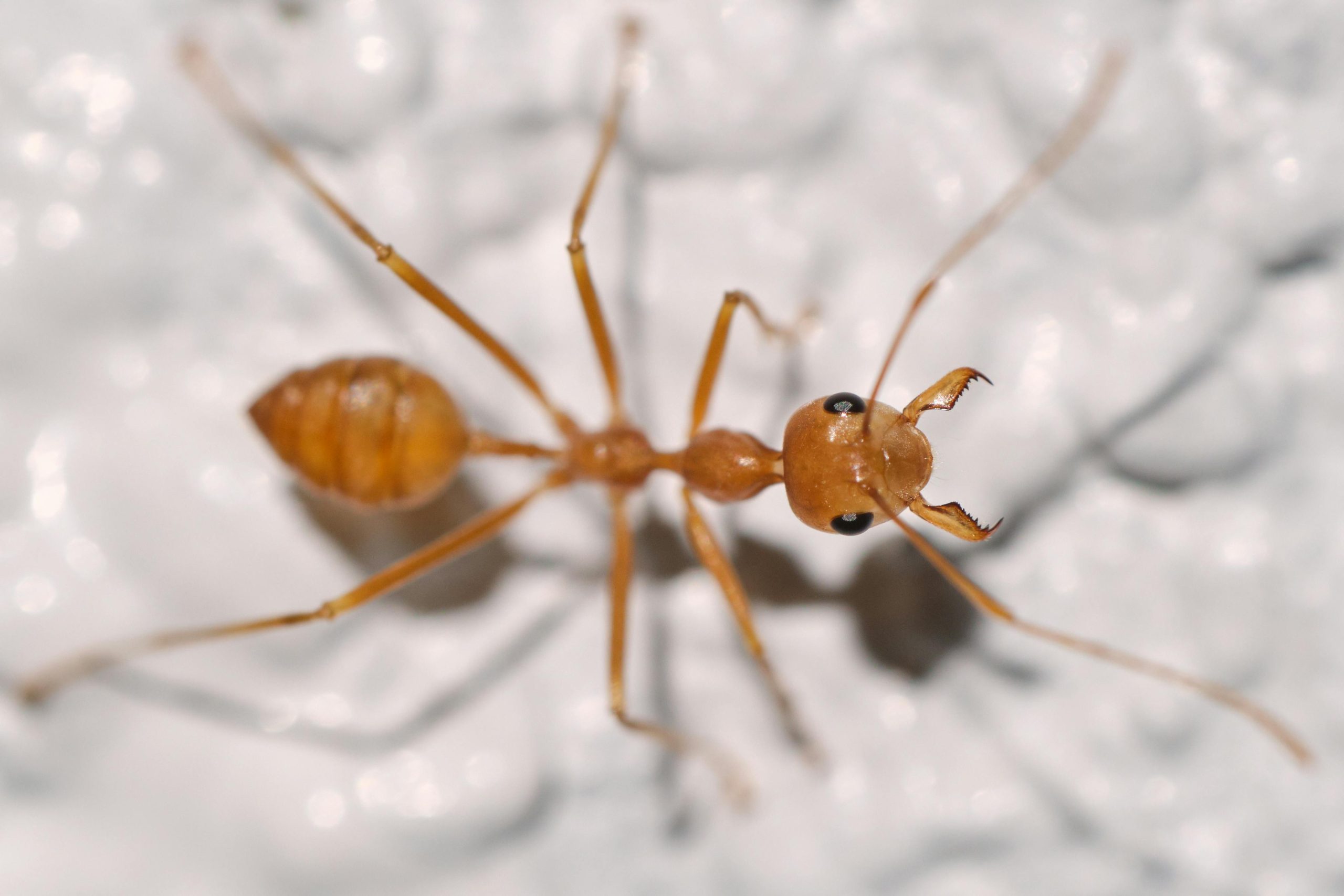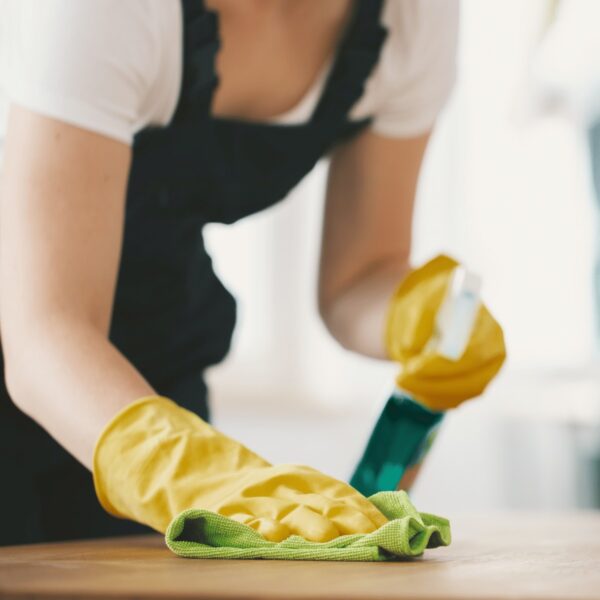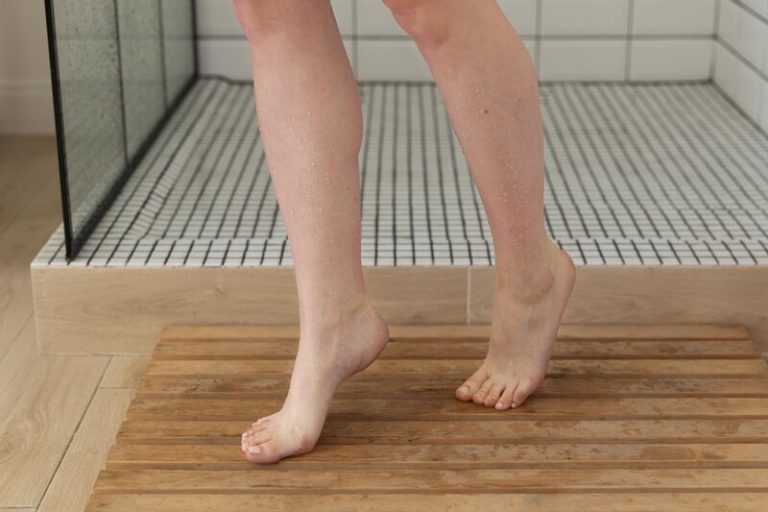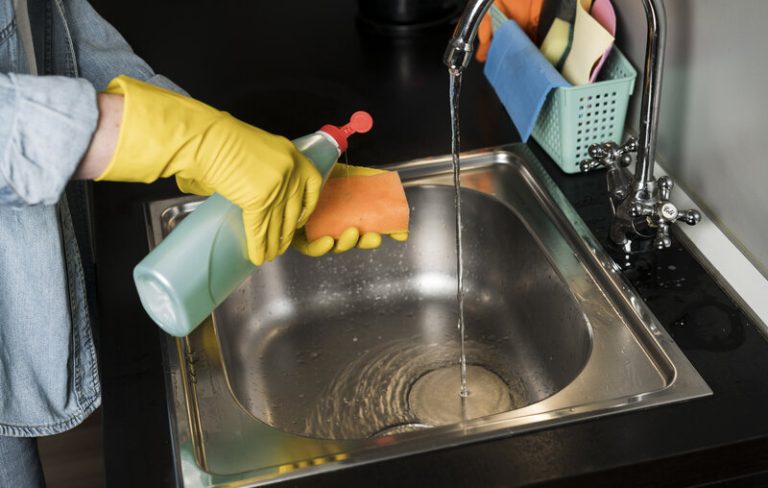Do you often find ants walking across your kitchen in search of food? If so, you might also be wondering what is the fastest way to get rid of ants in the kitchen.
Keep in mind, these little pests can be annoying and pose health risks if left untreated. Therefore, today we will discuss what is the fastest way to get rid of ants in the kitchen that can be applied easily.
From identifying ant species to using natural ant repellents and everyday products, we provide practical tips and tricks to keep your kitchen ant-free. Let’s find out more about what is the fastest way to get rid of ants in the kitchen here!
What Is The Fastest Way To Get Rid Of Ants In The Kitchen?
To effectively get rid of ants in the kitchen, it is essential to take a comprehensive approach that targets not only the ants you see but also their colonies and trails.
Identifying the type of ants and understanding their behaviours can help tailor specific strategies to eliminate them. Here is more on what is the fastest way to get rid of ants in the kitchen:
a. Identify The Type Of Ants
The first step in getting rid of ants is to identify the type of ants present in your kitchen, such as odorous house ants, sugar ants, Carpenter ants, or pharaoh ants.
One way to identify odorous house ants is by their dark brown to black colour and the strong musty smell they emit when crushed. Sugar ants, on the other hand, are usually tiny and light brown, commonly found swarming around sweet foods. Carpenter ants, identifiable by their larger size and ability to chew through wood, often nest in moist or decaying wood. Pharaoh ants are very small and yellowish-brown, often nesting indoors in warm humid areas.
b. Locate The Ant Trails
Locating the ant trails is critical as it helps in understanding their movement and pinpointing the entry points and food sources they are attracted to.
One effective way to find ant trails is to observe their movement patterns carefully. Ants typically follow scent trails laid down by scout ants to guide them to food sources. By observing this behaviour, you can track their paths and identify the main routes they take.
Another method is to conduct a thorough survey of the kitchen and other areas where ants are commonly found. Look for tiny openings or cracks where ants may enter the premises. Finding entry points is crucial for effective pest control as it allows you to block these access points and prevent further infestations.
c. Seal Entry Points
Sealing entry points is a crucial step in preventing ants from invading your kitchen, which involves identifying and sealing cracks, gaps, and leaks in plumbing and around windows and doors.
In terms of effectively sealing entry points, using caulk, draught excluder, and other appropriate materials is essential. Caulk is ideal for filling in small cracks and gaps, while draught excluder is great for sealing gaps around windows and doors.
Installing door draught excluders and ensuring that window screens are intact can further deter ants from entering. Remember, these tiny pests can squeeze through the tiniest of openings, so thoroughness is key.
d. Use Natural Repellents
Using natural repellents like peppermint oil, cinnamon, and chalk can help deter ants from entering your kitchen without the use of harsh chemicals.
Peppermint oil has a strong scent that ants find repulsive, disrupting their ability to communicate and navigate effectively. Simply apply a few drops of peppermint oil on cotton balls and place them in entry points or areas where ants are seen.
Cinnamon powder acts as a barrier, as ants find it difficult to cross due to its strong aroma. Sprinkle cinnamon along windowsills, doorways, and other ant-accessible areas.
Chalk works by disrupting the pheromone trails that ants use to communicate. Draw lines with chalk around entry points to block off their path.
One of the key benefits of using natural solutions for pest control is that they are safer for pets and children, minimising exposure to harmful chemicals. Natural repellents are eco-friendly and sustainable, reducing the environmental impact associated with traditional pesticides.
e. Try DIY Solutions
DIY solutions such as mixtures of borax and sugar, bicarbonate of soda, and vinegar can be effective in controlling and eliminating ants in the kitchen.
For instance, one popular method involves creating a mixture of borax and sugar. The sweetness of the sugar attracts the ants, while the borax acts as a powerful poison that eventually eradicates them. Simply mix equal parts of borax and sugar, then place these bait stations in areas where ants are commonly seen.
Alternatively, bicarbonate of soda can be used as a natural ant repellent. Mixing it with castor sugar increases its attractiveness to insects. Sprinkle this mixture along ant trails or near entry points to deter them from coming inside.
Vinegar is another versatile ingredient that can be used to repel ants. A solution of equal parts vinegar and water can be sprayed directly on ants to kill them on contact. It also disrupts their scent trails, preventing others from following the same path.
f. Use Store-Bought Ant Baits
Using shop-bought ant baits from retailers like Walmart or pest control providers like Fantastic Pest Control can be a reliable method to eradicate ants in your kitchen.
Ant baits are designed to attract ants with enticing bait that contains slow-acting insecticide. When foraging ants discover the bait, they bring it back to the colony, ultimately eliminating the entire ant population. Some common types of ant baits include gel baits, liquid baits, and granular baits. Gel baits are ideal for placing in crevices and corners, while liquid baits work well in areas where ants gather for feeding. Granular baits are great for outdoor use around the perimeter of your home.
g. Call A Professional Exterminator
If the ant infestation in your kitchen persists, it may be necessary to call a professional exterminator, such as those from HomeTeam Pest Defense, who use Integrated Pest Management strategies.
Professional pest control services offer a range of benefits beyond just addressing the immediate infestation.
They have the expertise to identify the root cause of the pest problem, preventing future occurrences.
Professionals often use environmentally friendly methods and products that are safe for your family and pets.
Integrated Pest Management techniques focus on long-term solutions rather than simply eliminating pests temporarily.
Combining various strategies, such as habitat modification and targeted treatments, provides a comprehensive pest control approach.
Some Day-To-Day Products That Can Help Get Rid Of Ants
Basically, what is the fastest way to get rid of ants in the kitchen as well as the easiest is to use some day-to-day products found in your kitchen, such as:
a. Vinegar
Vinegar is a versatile and effective natural repellent that can be used to clean surfaces and deter ants from entering your kitchen.
One of the main benefits of using vinegar as a cleaning agent and ant repellent is its natural properties that are safe for both humans and pets. When diluted with water, vinegar can be sprayed or wiped on worktops, floors, and other surfaces to remove dirt, grime, and bacteria without the need for harsh chemicals. Its strong acidic odour also helps to deter ants, disrupting their pheromone trails and making them less likely to return.
To enhance the effectiveness of vinegar in repelling ants, consider mixing it with essential oils such as peppermint, tea tree, or citrus, as these scents are known to be particularly distasteful to ants. Creating a vinegar solution in a spray bottle and applying it along entry points in your kitchen can create a strong barrier that ants will avoid.
b. Lemon Juice
Lemon juice is another powerful natural remedy that can be used to clean and repel ants from your kitchen.
Its antibacterial properties make it an effective cleaner for kitchen surfaces, cutting through grease and grime. To create a simple all-purpose cleaner, mix equal parts lemon juice and water in a spray bottle. Its fresh citrus scent not only masks odours but also leaves your kitchen smelling clean and refreshed.
c. Cinnamon
Cinnamon is a natural repellent that can be sprinkled around the kitchen to create a barrier that ants will avoid.
One effective way to use cinnamon is to identify entry points for ants in your kitchen and sprinkle ground cinnamon around these areas, such as windowsills, doorways, or cracks where ants may be entering. The strong, aromatic properties of cinnamon act as a deterrent for ants, disrupting their pheromone trails and causing them to avoid the treated areas.
The use of cinnamon as an ant repellent is safe and non-toxic, making it a family-friendly alternative to chemical sprays. This natural method not only helps keep ants at bay but also adds a pleasant scent to your home.
d. Peppermint Oil
Peppermint oil is a potent natural deterrent that can be applied using cotton wool to keep ants at bay in the kitchen.
To effectively use peppermint oil to repel ants, simply soak a ball of cotton wool or a few cotton balls with the oil and place them in areas where ants are commonly seen. The strong scent of peppermint disrupts the ants’ sense of smell, making it difficult for them to navigate and communicate, thus deterring them from entering your living spaces. Not only does peppermint oil serve as an effective ant deterrent, but it also doubles as a delightful air freshener that leaves a refreshing and invigorating aroma in the room.
e. Cayenne Pepper
Cayenne pepper can be used as a natural and effective repellent to deter ants from entering your kitchen.
This versatile spice is a powerful tool in your fight against annoying ants. Its strong aroma and spicy flavour act as a powerful deterrent for these small intruders.
To use cayenne pepper as a repellent, simply sprinkle it in areas where ants tend to enter your home, such as doorways, windowsills, and cracks in the walls. You can also make a cayenne pepper solution by mixing it with water and spraying it in ant-prone areas.
Remember, the spiciness of cayenne pepper is what makes it so effective in deterring ants. Try different application methods to discover what works best in your circumstances.
f. Baking Soda
Bicarbonate of soda is a common household item that can be used in DIY solutions to effectively eliminate ants in the kitchen.
Mixing sugar with bicarbonate of soda can create an attractive bait that will lure the ants in. The ants are attracted to the sweetness of the sugar, while the bicarbonate of soda acts as a deadly agent to them once ingested. The combination works by disrupting the ants’ digestive system, leading to their eventual demise. What’s great about using this method is that it is safe and non-toxic, making it a child and pet-friendly solution to your ant problems.
g. Coffee Grounds
Used coffee grounds can serve as a natural repellent to deter ants from invading your kitchen space.
Simply sprinkle dried coffee grounds around entry points where ants may be sneaking in, such as windowsills, doorways, or cracks in the walls. The strong scent of coffee disrupts the ants’ pheromone trails, making them reluctant to enter your home.
Additionally, coffee grounds are eco-friendly and cost-effective, serving as a sustainable alternative to chemical-laden ant repellents. It’s best to replace the coffee grounds every few days to ensure their effectiveness, especially if they get damp or lose their potent scent.
h. Chalk
Chalk can be used to draw barriers that ants are unlikely to cross, making it a simple and effective repellent for the kitchen.
This natural method involves creating a visible line of chalk around doorways, windows, or any entry points where ants tend to sneak in. The fine powder of the chalk disrupts the insects’ scent trails, confusing them and deterring them from crossing the barrier. The best part is, that chalk is completely non-toxic and safe for use around children and pets, offering peace of mind while effectively keeping ants at bay.
i. Diatomaceous Earth
Diatomaceous earth is a natural and effective substance that can be used to eliminate ants by dehydrating them.
When applying diatomaceous earth around your kitchen, it’s important to target areas where ants are likely to enter or travel, such as along skirting boards, under sinks, or near windows and doors.
Its non-toxic nature makes it a safe option in a residential setting, especially in areas where food is prepared or stored.
This fine powder is abrasive to insects with exoskeletons, causing them to become dehydrated and perish, making it an effective solution against a variety of pests beyond just ants.
Now you know what is the fastest way to get rid of ants in the kitchen, right? Don’t let ants take over your kitchen! Ensuring a clean and hygienic kitchen is essential in preventing and tackling infestations.
With TEKA Cleaning’s residential cleaning services, you can maintain a spotless kitchen free from pests. Our experienced team uses advanced cleaning techniques and products to thoroughly clean and sanitise every corner of your kitchen, eliminating the sources that attract ants.
Book your kitchen cleaning with TEKA Cleaning today. Call us at 01233 751 544 or visit our website to schedule an appointment. Let us help you create a clean, ant-free kitchen environment effortlessly.
Read also:











